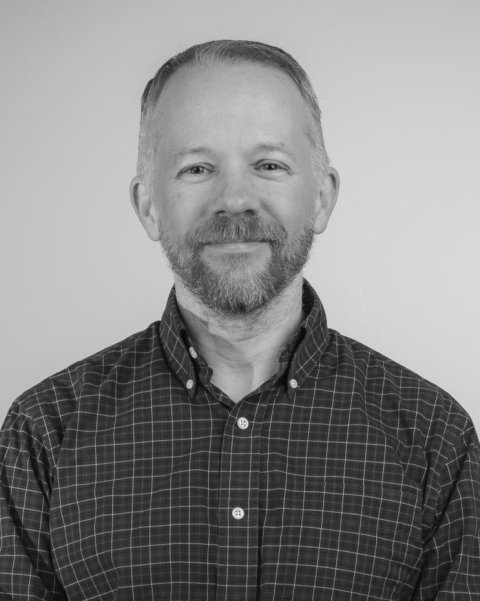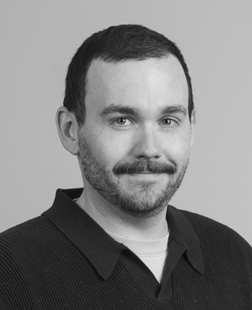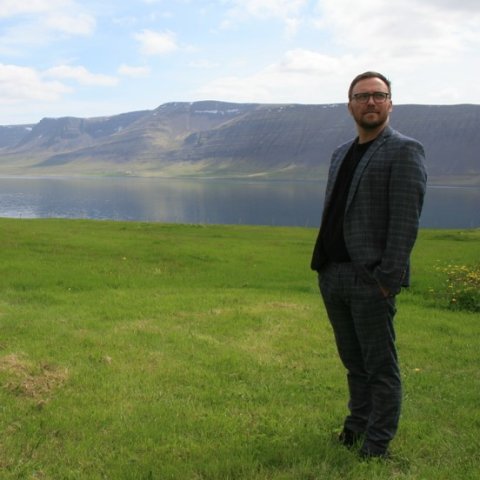Here below you can find all master courses the University Centre offers. All courses are taught in 1-3 week modules running from August through June. See how the courses are organised in the teaching schedule for both programs. Usually 2-3 courses are taught at the same time, but students may only enroll in one course at a time.
The master courses are available to you whether you plan to pursue a degree or just take a course or courses. Please review the options for guest studies to determine how you can apply.
For further information, contact the Administrative Director of Education and Teaching.
Hagnýt aðferðafræði
- Spring 2026
- Instructors: Dr. Brack Hale / R. Morgan Greene / Dr. Matthias Kokorsch
About the course
The course provides students with knowledge, skills and competence in applied methods. The course explores key methods used in coastal studies and covers topics such as sampling design, data collection, processing and interpretation. Strengths and limitations of relevant methods are discussed. The course includes a series of guest lectures presenting the range of methods used in the field. In addition, connections among methodologies and theoretical issues are addressed.
In practical sessions, students discuss research articles in relation to coastal studies and their methods. Throughout the course, students apply different methods and acquire the tools for conducting a scientifically sound survey.
Instructors
is the Academic Director of the Coastal and Marine Managment program at UW.
Brack holds a Ph.D. in Land Resources from University of Wisconsin-Madison and a M.E.M. degree in Water Resources from Duke University. Before joining us at UW, he was a full professor of Biology and Environmental Science, and division chair of the Division of Environment, Math, Psychology, and Health at Franklin University Switzerland. He also served as interim Dean of Academic Affairs for one semester before coming to UW.
Dr. Hale has extensive experience in academic administration, curriculum development, teaching and quality assessment, as well as leadership and management. He has been engaged in various collaborations with UW since 2014, bringing student groups and spending a semester on sabbatical at here in 2017.

R. Morgan Greene is the Academic Director of the masters' program in Coastal Communities and Regional Development. He holds an MSc in Energy Science from Reykjavík University and is a doctoral candidate in the Department of Business and Economics at Reykjavík University. Morgan Greene's research interests include public perception, the politics of the energy transition and participation in energy markets. Prior to his job as Academic Director, Morgan Greene worked as a program and development manager for the Iceland School of Energy at Reykjavík University

is a Research Specialist and Project Leader at UW, working on the projects LostToClimate and ARHAIC.
My main current research interests include community resilience, regional development, particularly in sparsely populated regions, structural changes of old-industrial areas, and resource management in combination with aspects of justice and decision-making processes.

Learning outcome
On completion of the course a student:
- can recognize and explain the commonly used research methods within coastal studies.
- can prepare, conduct and interpret surveys and interviews.
- can identify appropriate methods to address different research questions and to increase research quality.
- can identify limitations in research execution and methods.
- can summarize and criticize existing research methods within coastal studies.